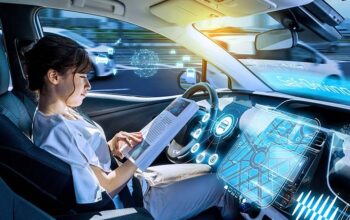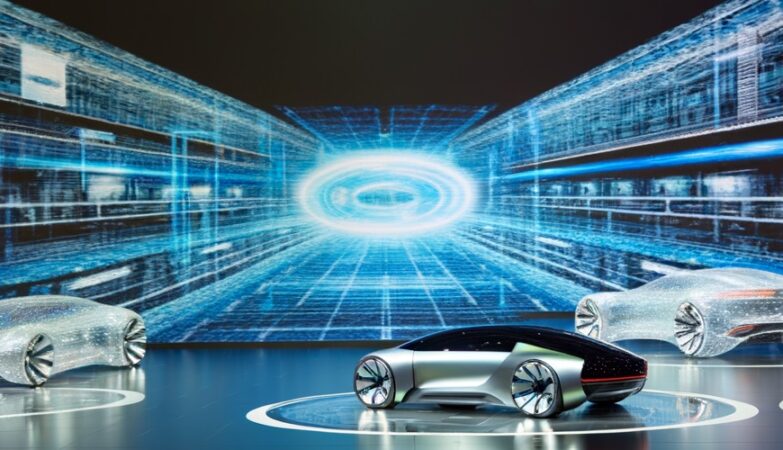The automotive industry has had a profound impact on modern society, revolutionizing the way we live, work, and travel. From the humble beginnings of the horse and carriage, to the sleek and futuristic electric vehicles of today, the automotive sector has come a long way in its quest for innovation and advancement.
One of the key factors that have propelled the automotive industry forward is technology. Advances in engineering, materials science, and computer technology have enabled manufacturers to design and build cars that are safer, more efficient, and more comfortable than ever before. For example, the development of ABS (anti-lock braking system) and ESC (electronic stability control) has significantly reduced the number of accidents caused by skidding and loss of control. Additionally, the integration of GPS, Bluetooth, and voice recognition technology has made driving easier and more convenient.
Another area where the automotive industry has made significant strides is in the pursuit of sustainability. With the global focus shifting towards reducing greenhouse gas emissions and combating climate change, automakers are actively working towards producing vehicles that are more fuel-efficient and environmentally friendly. The advent of electric and hybrid cars has been a major breakthrough in this regard, as they produce lower emissions and require less fossil fuel consumption. Furthermore, the development of lighter and stronger materials, such as carbon fiber and aluminum, has resulted in lighter vehicles that require less energy to propel.
The automotive industry also plays a crucial role in the global economy. According to the International Organization of Motor Vehicle Manufacturers, the automotive industry is one of the largest employers worldwide, with over 9 million people working directly in the sector. Additionally, the industry has a vast supply chain, employing millions more in related industries such as manufacturing, logistics, and retail. The automotive sector also generates substantial revenue and tax revenue for governments around the world, contributing to economic growth and development.
In recent years, the automotive industry has witnessed a wave of digitization and automation. The integration of artificial intelligence, machine learning, and robotics has enabled manufacturers to streamline production processes, improve quality control, and reduce costs. For example, automated assembly lines and robotic arms can perform repetitive tasks with greater precision and efficiency compared to human workers. This digital transformation has not only enhanced productivity but has also created new job opportunities in the field of automation engineering and robotics.
Despite the numerous advancements and successes, the automotive industry also faces its fair share of challenges. The transition to electric vehicles and other green technologies requires considerable investment in research and development, infrastructure, and regulatory support. Additionally, the industry must grapple with changing consumer demands, shifting mobility trends, and fierce competition from new entrants such as tech companies and ride-sharing platforms. However, these challenges also present opportunities for innovation and growth, as the industry adapts to meet the evolving needs of consumers.
In conclusion, the automotive industry has evolved into a dynamic and influential sector that has transformed the way we move and connect with the world. Through technological advancements, sustainable practices, and digital transformation, automakers have continuously pushed the boundaries of what is possible. As we look towards the future, the automotive industry will undoubtedly continue to shape and redefine our relationship with transportation, paving the way for a more connected and sustainable future.







